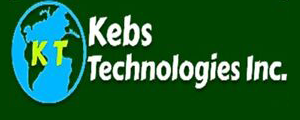Gas chromatography Mass Spectrometry (GC-MS) is a technique which combines the separating power of Gas Chromatography (GC), with the detection power of mass spectrometry.
The mass spectrometric detector can be used to fragment analytes and produce a mass spectrum which can serve as a ‘fingerprint’ of the molecule and which can be identified from one of the many commercial or in-house GC-MS libraries. If the compound is new or cannot be found within a library, then the spectrum itself may be used to propose the analyte’s molecular weight and elemental composition, identify the major features and elucidate the structure of the molecule.
As the mass spectrometer can be used to essentially select a specific mass, it is possible to achieve higher detection sensitivity by filtering out background noise and concentrating on the signal of interest only.
GC has been coupled to triple quadrupole mass spectrometric detectors which allow even greater sensitivity through the use of multiple reaction monitoring type spectral experiments. GC-MS analysis with Time of Flight (ToF) detection give the added advantage of high resolution (and high accuracy) mass measurement which can result in empirical formulae and less ambiguous compound identification as well as high sensitivity. GC-MS applications include pesticide analysis in food and environmental samples, analysis of biological samples for drugs of abuse and analysis of volatile organic compounds in water samples.
The training will cover both the theory and practical instrumentation. The training will also cover sample preparation, method development, calibration, tuning and equipment maintenance and troubleshooting.
